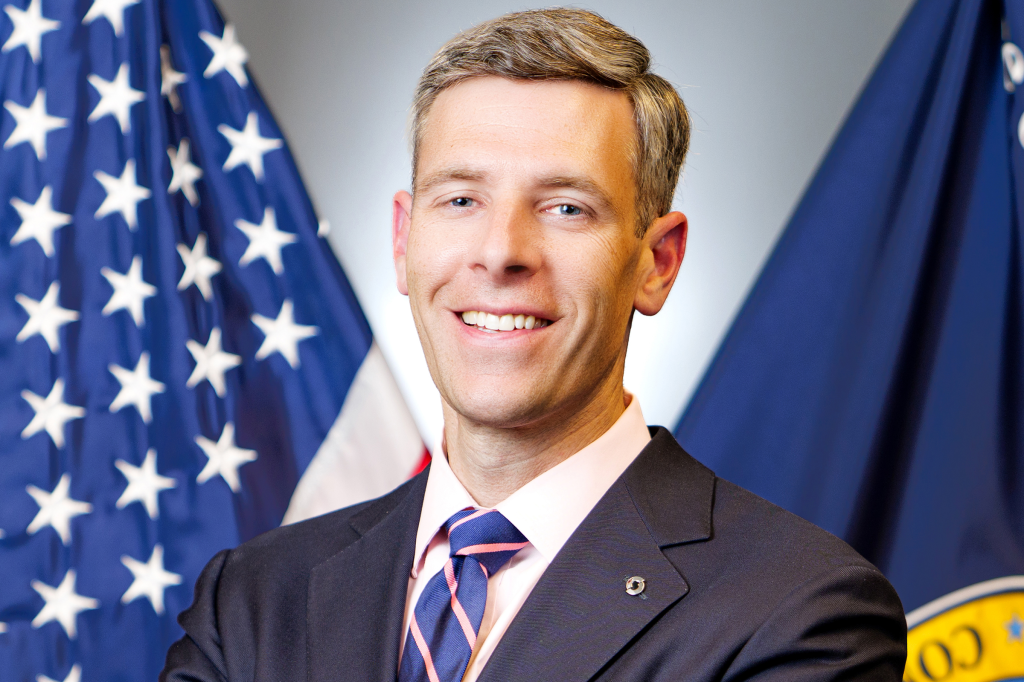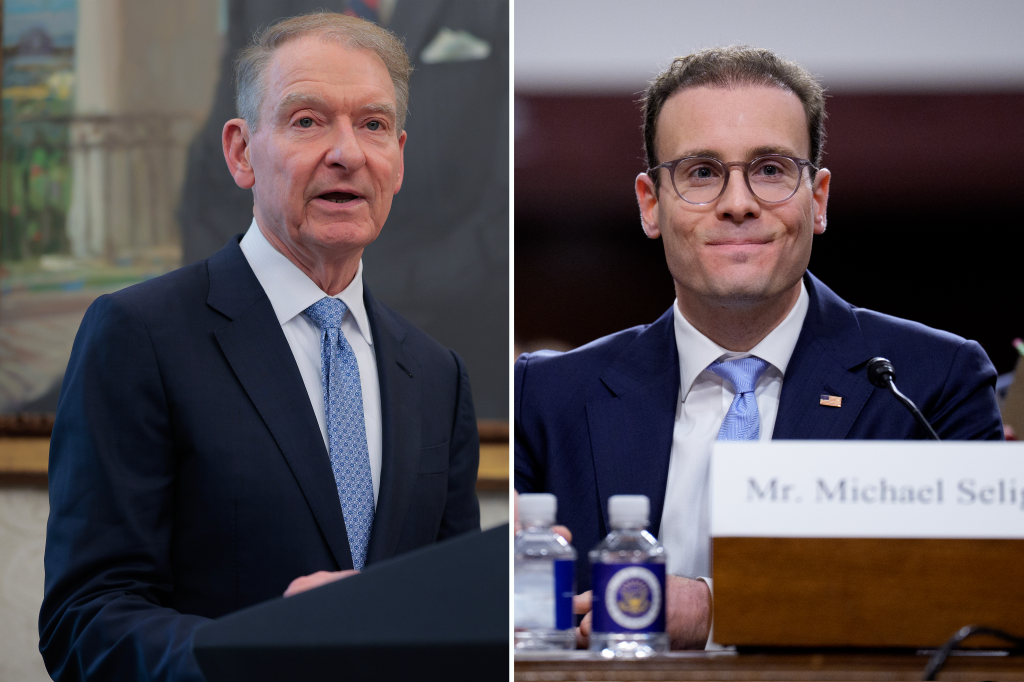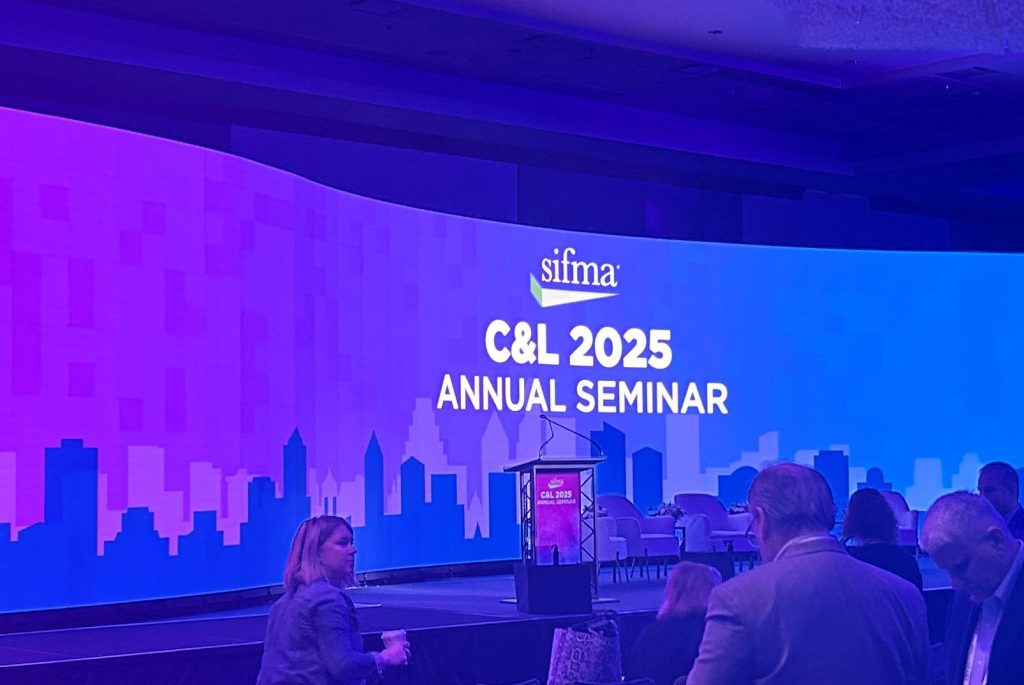The importance of returning the SEC to its roots as a regulator was Acting Chair Mark Uyeda’s theme as he opened the Security Industry and Financial Markets (SIFMA) annual Compliance and Legal (C&L) conference in Austin last week. Speaking with SIFMA President Kenneth Bentsen, Uyeda focused on prosecuting fraud and
Register for free to keep reading
To continue reading this article and unlock full access to GRIP, register now. You’ll enjoy free access to all content until our subscription service launches in early 2026.
- Unlimited access to industry insights
- Stay on top of key rules and regulatory changes with our Rules Navigator
- Ad-free experience with no distractions
- Regular podcasts from trusted external experts
- Fresh compliance and regulatory content every day













